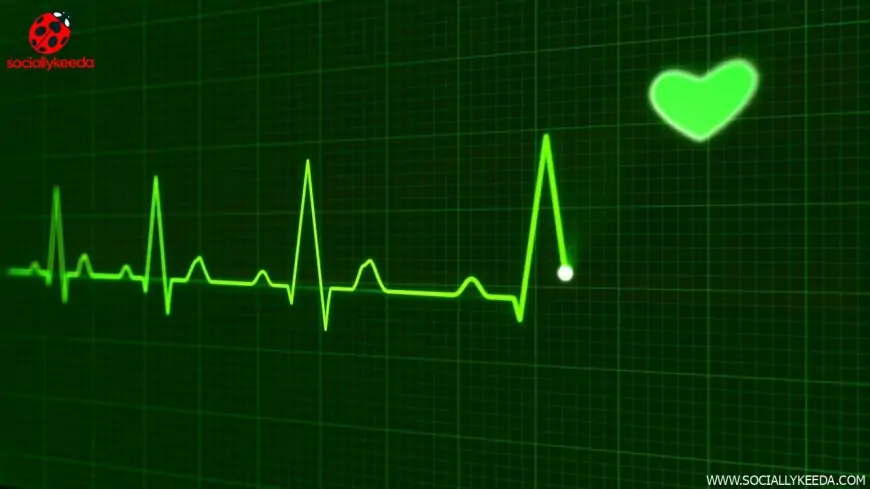The children of elderly parents will know all too well what it feels like to live in a constant state of anxiety. Being well aware of the leading causes of injury and death among the older population groups, the care of your elderly loved one becomes your top priority – and understandably so.
The thought of your parents or grandparents being alone, without anyone to help them if something happens, is enough to give anyone horrific nightmares. So many senior citizens develop medical conditions that could cause emergencies - and the only way to properly mitigate the risks associated with older people living alone is through medical alert systems.
This article will teach you what to look for when choosing a medical alert system for your loved one and the best way to use them.
What Do They Do?
Medical alert systems are almost like personal medical devices that can quickly and accurately connect users with medical services or an appointed family member, especially if they are on unique treatment programs. They help to ensure that a senior or frail person will get the help they need in an emergency - especially if they are still living by themselves.
Traditional medical alert systems are only useable within the home - but the ones with newer technology allow the users to take the device with them wherever they go – provided they are in an area with a decent cellular signal.
What Types Are There?
There are two main types of medical alert systems. Namely - systems that get monitored by external centers and ones that are not.
Monitored systems connect users to an emergency monitoring center equipped with trained staff at the push of a button. The dispatchers at the emergency center then assess the caller’s situation and can send help if that is the appropriate course of action.
If the user is unable to communicate with the dispatcher, either due to injury or shock, they will automatically send emergency services to the user’s home or contact a loved one. That depends on what arrangement is made between the company and the user's family.
Non-monitored systems work similarly, but the device only connects the user with a designated contact when the help button is pushed. There are a certain number of pre-programmable contacts that get coded into the device.
The biggest reason to choose a monitored device is to get the peace of mind of knowing that the dispatch center is manned by trained professionals 24/7, so help will always be just a click away.
How To Choose The Best System For Your Loved One
If that sounds like something you or your loved one needs, there are several ways that you can ensure that you get the best medical alert system for your or their unique requirements. Medical alert systems get designed to offer users access to help when required - and to help preserve independent living for as long as possible.
Most devices are totally waterproof and can be used to call for help even when submerged. That means that your loved one will be able to call for help in the shower, bath, or even in the swimming pool.
If you can, get your loved one a mobile GPS medical alert system as they virtually eliminate the risk of your loved one falling down and not getting the help they need. Decide who you want to get the notification sent to in the event of an emergency or incident and then go from there.
Who Needs Such A System?
Medical alert systems aren’t used just by the old or sick. These nifty devices can be useful for anyone who lives alone, with no friends or family to check on them. These systems are best used by people who want the security and peace of mind of knowing that their loved one has ample access to help if and when they need it.
What Extra Features Do Some Systems Have?
The more technologically advanced systems are impressively capable of automatically calling for help if they detect that their user has fallen, if they detect fire, or even carbon monoxide. Those systems are helpful for users who are prone to falls, and they ensure that your loved ones will get the help they need – even if they are unconscious.
Many other products on the market are made to make seniors living on their own safer, such as devices that include a pillbox monitoring function – that automatically sends an alert if their pillbox unopened. Genius!




![[WATCH VIDEO] Sophie Rain and sister Sierra Rain as Black Spiderman goes viral [WATCH VIDEO] Sophie Rain and sister Sierra Rain as Black Spiderman goes viral](https://www.sociallykeeda.com/uploads/images/202403/image_140x98_660976c59cce0.webp)





![[FULL WATCH VIDEO] Will Levis And Gia Duddy Leak Video Viral On Social Media [FULL WATCH VIDEO] Will Levis And Gia Duddy Leak Video Viral On Social Media](https://www.sociallykeeda.com/uploads/images/202405/image_140x98_6651e7ae8038d.webp)


